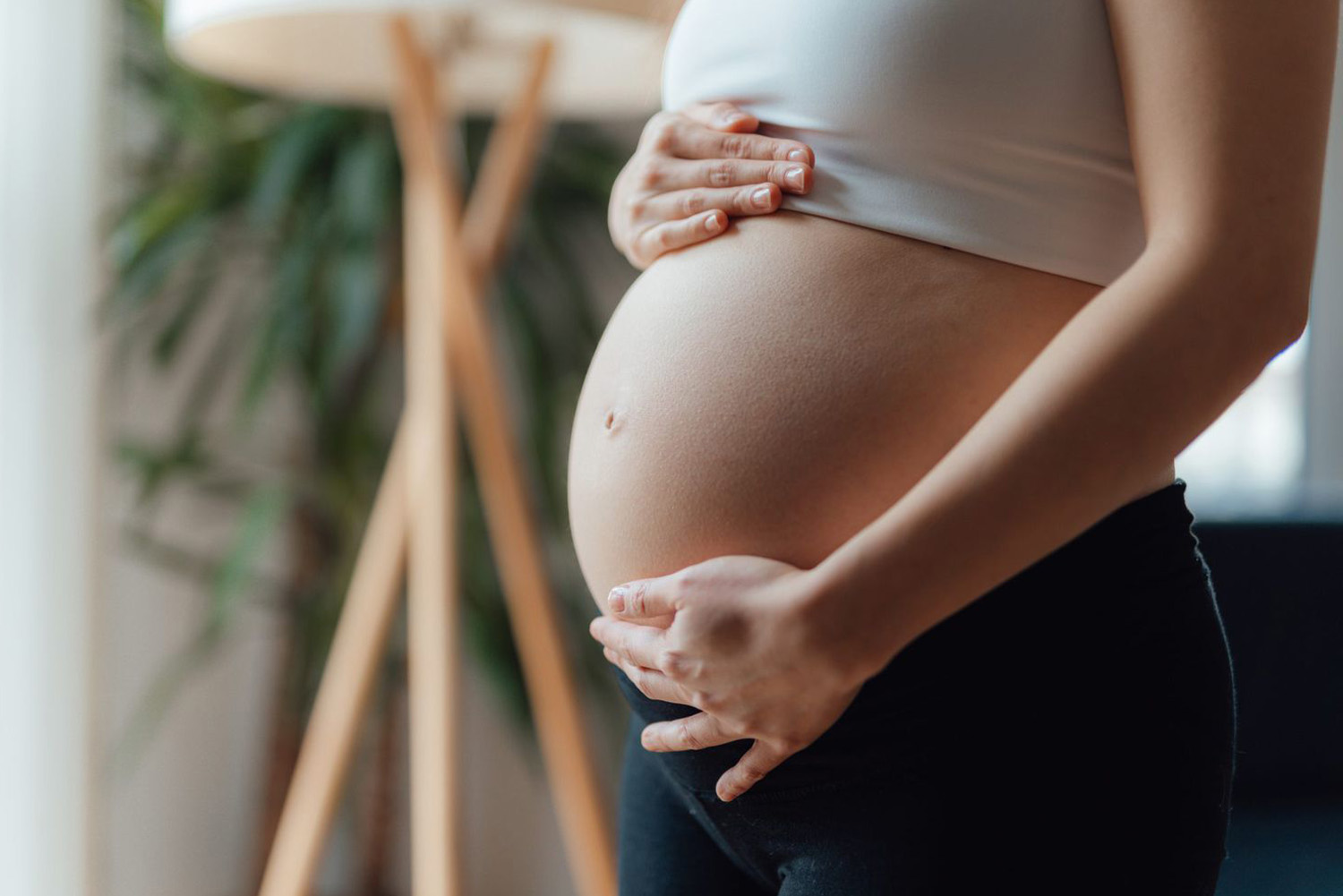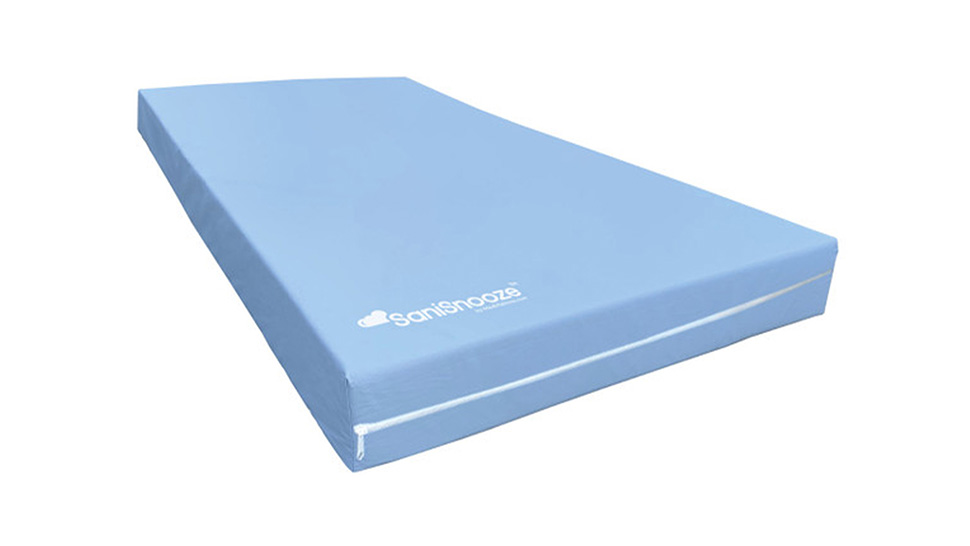

Overcoming Incontinence During Pregnancy and After Childbirth
Growing a human being is a substantial job for a woman’s body. Morning sickness, food cravings and weight gain are just a few of the common challenges faced during pregnancy. After the birth, women often deal with fatigue, stretch marks and baby blues. Unfortunately, some women must also deal with urinary incontinence that can occur both during pregnancy and after childbirth. Luckily, there are ways to manage and treat this problem which we discuss here.
What Causes Incontinence During Pregnancy and After Childbirth?
During the early stages of pregnancy, more blood flows to the kidneys. This causes the kidneys to create more urine up until about week 16 of pregnancy. As childbirth nears, the growing uterus presses on the bladder. The bladder is not able to hold this increased amount of urine, making women experience the urge to urinate more frequently. Coupled with this, the weight of the expanding uterus weakens the pelvic floor muscles. In addition, pregnancy hormones loosen ligaments in the woman’s belly, creating more space for the baby to grow. All of these factors make it more difficult for women to hold urine during pregnancy, causing this incontinence. With more than 30% of women experiencing temporary incontinence during their first pregnancy, it’s an issue that’s widely faced and oftentimes overlooked.
Labor and delivery are also extremely tough on a woman’s body. Strong contractions can weaken the ligaments that hold the bladder and uterus in place, and bearing down to deliver can damage the nerves that control the bladder. Additional factors that may increase the risk of incontinence after birth include the use of forceps during delivery, prolonged labor and a large baby. For most women, this issue resolves over time and ongoing incontinence after delivery is uncommon. When postpartum bladder leakage does occur, it usually subsides within the first few months after childbirth.
Managing Incontinence During Pregnancy and After Childbirth
One of the main ways women can manage this incontinence is the use of kegel exercises to help strengthen the pelvic floor muscles. This is done by squeezing and relaxing the muscles in the pelvic area as if trying to stop the flow of urine. This helps to strengthen the muscles that support the bladder, uterus, small intestine and rectum. Performing these exercises regularly during pregnancy and after birth can help improve and maintain bladder and bowel control. Kegel exercises can be done anywhere at any time since doing so is unnoticeable.
Another option is using the bathroom every 1-2 hours to prevent the bladder from becoming overfilled with urine. Women should also try to increase their fluid intake during the day and drink less during the afternoon and evening. Urinating twice shortly before going to bed will help ensure that the bladder is completely empty at bedtime, helping reduce nighttime incontinence. Unfortunately, during the last trimester of pregnancy it is not uncommon to experience the need to urinate during the night.
A healthy diet filled with fruits, vegetables and fiber will also help prevent constipation and incontinence. Having a soft, formed bowel movement every day will reduce the pressure on the bladder, therefore increasing bladder control. Maintaining a healthy weight will also help reduce pressure on the bladder. Additionally, women should avoid caffeine, alcohol, carbonated drinks and citrus juices as these all irritate the bladder, increasing urine output.
Conclusion
Pregnancy is a wonderful time for many women, but incontinence is a common challenge that can take away from this. While many of the changes associated with pregnancy and childbirth can make it more difficult for women to hold their urine, exercises and lifestyle changes can help prevent and manage this incontinence.
Women should not hesitate to speak with their doctor about bladder control problems and treatment options. If incontinence remains an issue after consulting with a physician, protective underwear and pads are a great option as well. For chronic incontinence problems, a SaniSnooze™ Mattress Cover is an ideal solution for children and adults of all ages. This cover completely protects the mattress to ensure maximum comfort and therapeutic sleep. SaniSnooze™ is the most convenient, cost-effective solution for incontinence, allowing users and caregivers to rest easily.

**The information on this site is not intended or implied to be a substitute for professional medical advice. If you are having a severe and sudden change in physical or mental health, please call 911, contact a local emergency facility or consult with your doctor. Always seek the advice of your physician or other qualified healthcare provider, and never disregard the advice given because of information you have received from our website.**
Our mission at SaniSnooze™ is to get you back to sleep faster. SaniSnooze™ will keep your mattress core clean and dry all night long.



